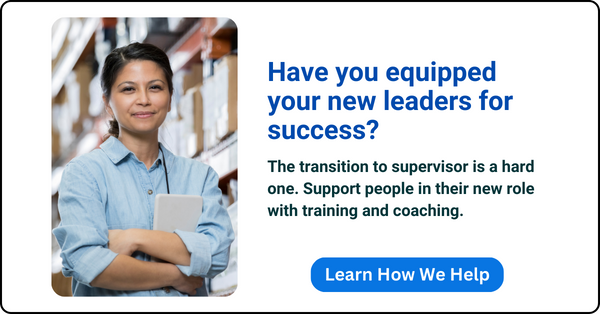 Is your job secure for as long as you want it?
Is your job secure for as long as you want it?
Let’s go with the smart answer and say that it isn’t. You may be a superstar and all, but unexpected stuff happens all the time.
Been There Done That—Twice
22 years ago, my employer was acquired. I was in marketing at the time and knew that marketing jobs would live at the headquarters of the acquiring company. I was in Minneapolis. They were in Boston. I had no interest in moving to Boston, and wasn’t offered the opportunity anyway.
One Thursday afternoon the whole marketing department went poof. I didn’t like it, but wasn’t surprised.
A few years ago I had the same experience as a business owner. I had what I thought to be a rock-solid client I’d been serving for 17 years as a contract trainer. The client decided they no longer wanted to work directly with its large network of contract trainers, so they found an intermediary to be the company responsible for doing the contracting work.
The new company slashed training reimbursements. It was clear to me as soon as I learned about the changes that I would no longer be doing this sort of work. The wind-down happened more gradually than when I was laid off as an employee, but the effect was the same. A big source of income disappeared.
Bad Stuff Happens and There’s Not a Darn Thing You Can Do About It
Mergers, technology changes, divestitures, organizational screw-ups, personal screw-ups, new leaders, and dozens of other factors can throw you for a loop at a moment’s notice.
I know some people who do everything in their power to make sure their employer can’t get rid of them. They know all the secrets, control the most important clients, and make sure they are tight with all the potential ax swingers. The problem with this strategy is sometimes none of that matters because there isn’t any employer left.
That’s why I preferred to make sure that at any given moment I was ready to pick up and move to something else.
And this means much more than keeping your resume up-to-date. That’s a given. So let’s examine what makes you more ready. How many of these are currently true for you?
You Know What Work You Want to Do
 It’s a lot of work to pick up and do something else. That’s why most of us don’t do it unless we are forced to. But let’s imagine for a minute, you are forced to. You come to me asking for help finding the next thing. My first question’s going to be, “What kind of work interests you?”
It’s a lot of work to pick up and do something else. That’s why most of us don’t do it unless we are forced to. But let’s imagine for a minute, you are forced to. You come to me asking for help finding the next thing. My first question’s going to be, “What kind of work interests you?”
If you think the answer is obvious, you are missing a huge opportunity. Who says you have to get another job doing what you do now? Sure, if you love it, by all means keep doing it. But if you don’t, make a clean break. Seize the moment.
You Know Where That Work Is Done
What’s the market for your special gifts and talents? Who hires people who do what you do or want to do?
These organizations should be on your radar now. Pay attention to their news. Start building relationships with people who work in these places.
You Know What Skills Are In Demand and Make Sure You Develop Them
 Suppose after some reflection you realize there aren’t many people who need what you’ve been providing. There are plenty of jobs that go extinct, especially with each technology innovation.
Suppose after some reflection you realize there aren’t many people who need what you’ve been providing. There are plenty of jobs that go extinct, especially with each technology innovation.
In this case, you might want to start thinking about what skills are needed and more importantly, how you are going to develop them.
It’s your career. You are the product. What’s the last investment you’ve made in product development? Read a book, take a class, ask for a stretch assignment, take a lateral or downward transfer to build a new skill that employers need.
You Build and Maintain a Strong Network
I did a presentation for a job networking group once. These were all high-level manufacturing folks. One guy said to me he figured out early in his search that today it’s all about who you know. His conclusion is that if his only entrance into a company is through the front door (Think HR and online applicant tracking systems), he may as well not even make the effort.
Relationships matter. Right or wrong, people hire applicants they know or those who have been referred to them by someone they know.
If you want to be ready, you need people who know you, like you, and want to help you.
You Build an Emergency Fund So You’re Not Desperate
 Over the years I’ve done my fair share of personal finance seminars. One piece of advice is to have an emergency fund.
Over the years I’ve done my fair share of personal finance seminars. One piece of advice is to have an emergency fund.
Does it surprise you to know that only about 39% of Americans have the savings to cover a $1,000 emergency? For most of us, losing a job represents a problem much bigger than $1,000.
While the cash is coming in, setting aside a chunk of it now is a no-brainer action that should be on your to-do list.
Are You Ready?
I regularly ask groups to raise their hands if they’ve been laid off at some point in their careers. The percentage of hands that go up continues to increase year after year.
For most people, it’s not a matter of if you’ll be laid off, it’s only a matter of when.
You can’t prevent a lay off. You can prevent being unprepared when it happens.

